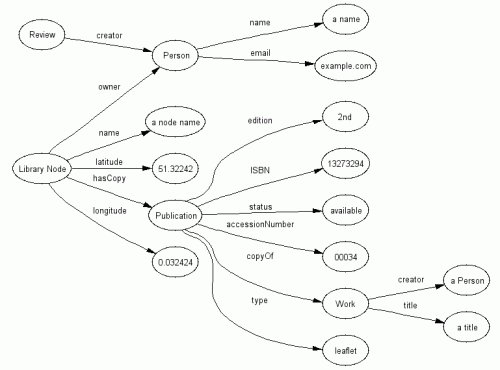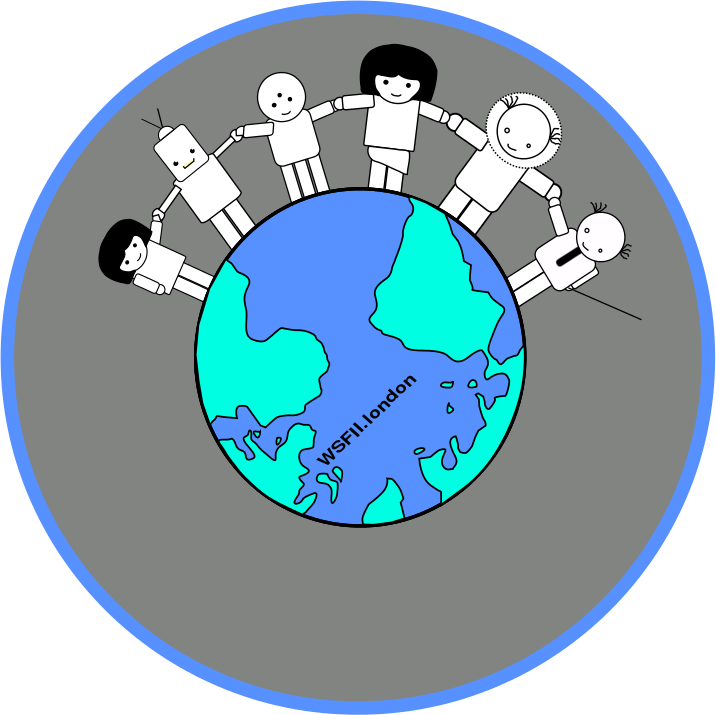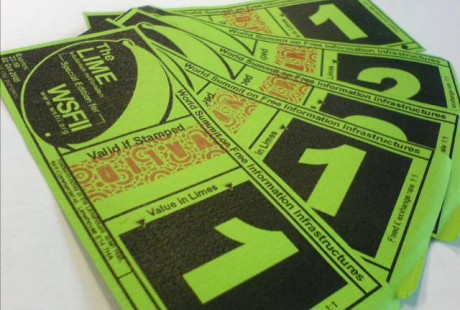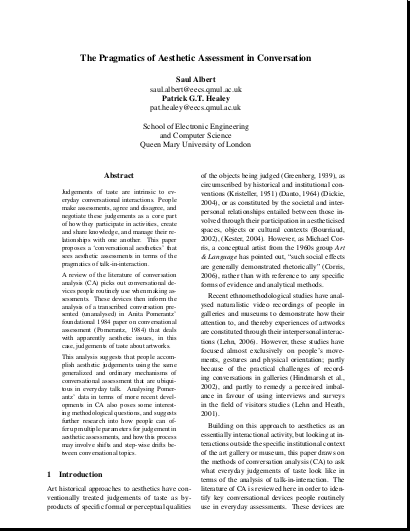The Distributed Library Project
The Distributed Library Project enabled people to share their books with their neighbourhood.
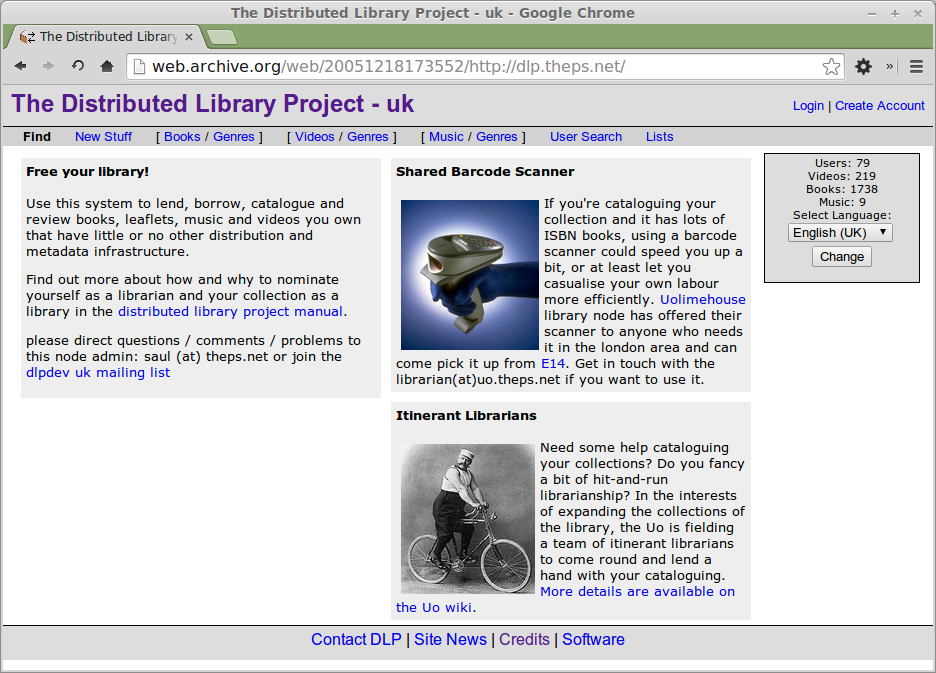 The project involved developing a website where people could catalogue, lend and borrow from collections of each other’s books, flyers, zines, videos and other ephemera that may have fallen out of print or had never made it into official circulation.
The project involved developing a website where people could catalogue, lend and borrow from collections of each other’s books, flyers, zines, videos and other ephemera that may have fallen out of print or had never made it into official circulation.
The DLP grew into a network of unique, often obscure collections from social centres, people’s homes, underground cinemas, and other hidden archives around the UK, while the Free Software we built enabled the setting up of sister distributed library catalogues from San Francisco to Islamabad.
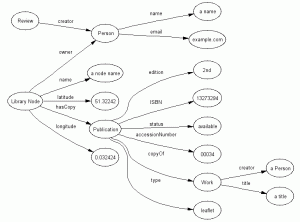
Credits & Links
- Moxie Marlinspike built the initial distributed library catalogue software.
- Lina Dzuverovic and Ben Cook at The LUX commissioned it.
- There’s a nice article on the project from the P2P foundation.
- Petko Dourmana and an Interspace residency in Sofia were helpful.
- Contributing librarians and groups included the Tyneside Radical Film Festival, the 1in12 Centre in Bradford, Dougie Carnall, The LARC Library, St. Stephens School Pamua, Adrian Tritschler, the Anti-systemic Library, Fabian Tompsett, Asim Butt, the Faculty of Decolonisation and the East London Specialist Archives.
The Distributed Library Project Read More »
